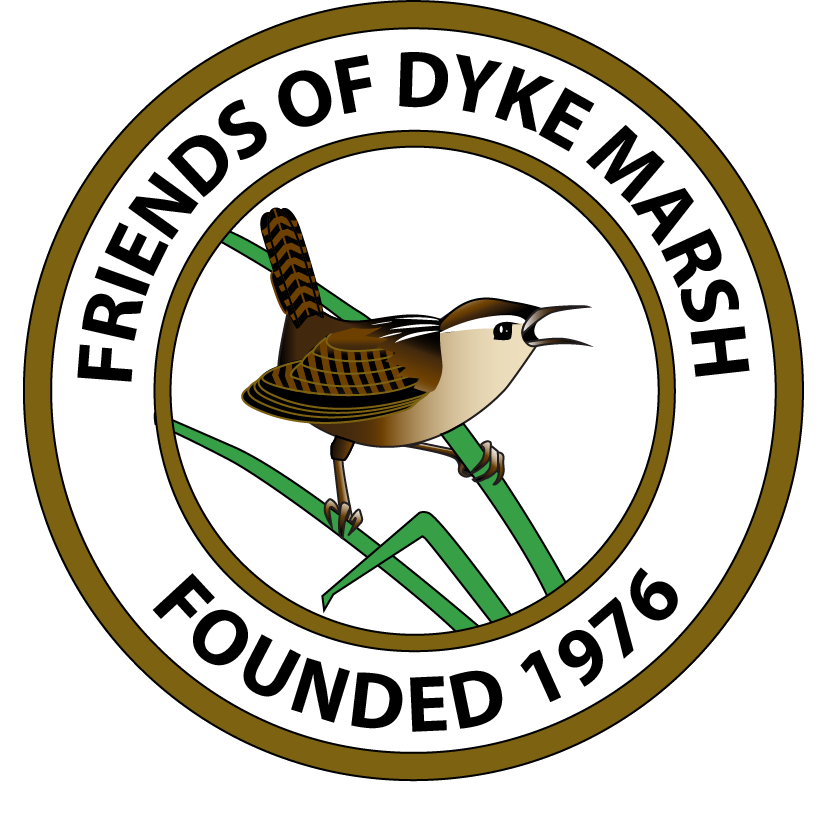On October 22, 2025, Alison Zak urged her Zoom audience of 77 to “reframe their thinking that beavers are pests.” She explained that beavers (Castor canadensis) improve water quality, restore freshwater systems, protect wetlands, enhance groundwater recharge and increase biodiversity.
By building dams and creating ponds, they can attenuate flooding and slow water which can reduce harmful sedimentation.
Beavers are North America’s largest rodent and can live into their twenties. “Their ancestors go back at least a million years,” Zak said. “We almost lost our population of North American beavers,” she remarked in the mid-1600s when the fur trade accelerated. In Virginia, beavers were nearly extirpated in the early 1900s. In the 1930s, wildlife managers reintroduced them. “Beavers have recolonized much of their historic range,” Zak said.
The sponsors of the presentation were the Friends of Dyke Marsh, Friends of Mason Neck State Park, Friends of Huntley Meadows Park and Nature Forward. Zak is the founder of the Human Beaver Co-existence Fund.
Click here to view a recording of the Zoom presentation.
Here is an article about the presentation published in the Connection newspapers and written by FODM President Glenda Booth:
https://www.mountvernongazette.com/news/2025/nov/06/beavers-have-value/
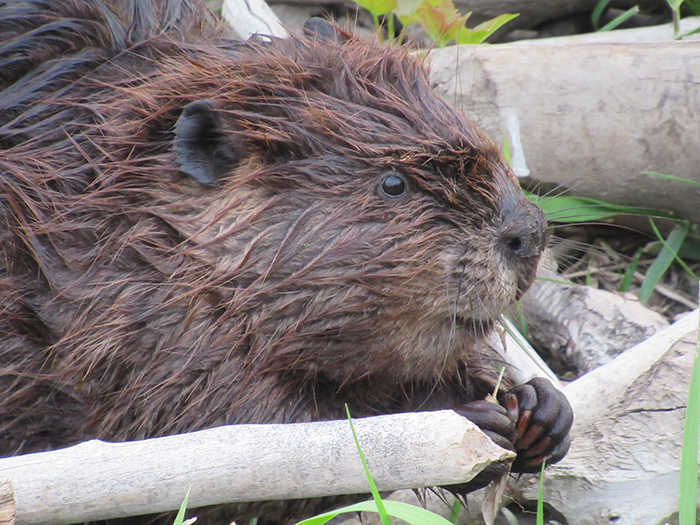 |
| Beaver at work Photo by Mike Digout |
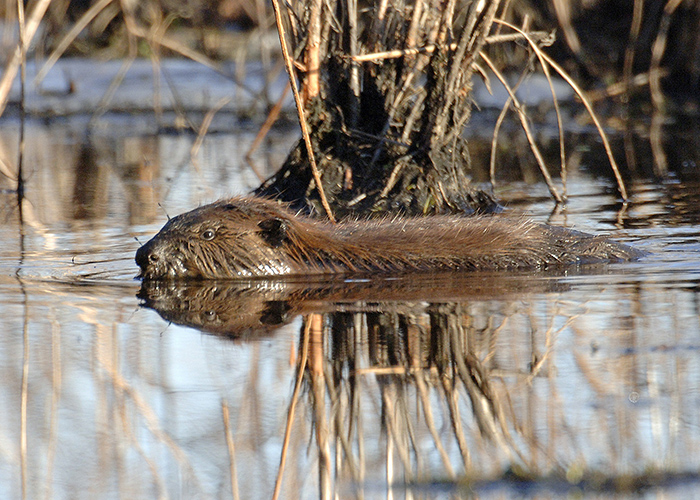 |
| Beaver swimming Photo by Randy Streufert |
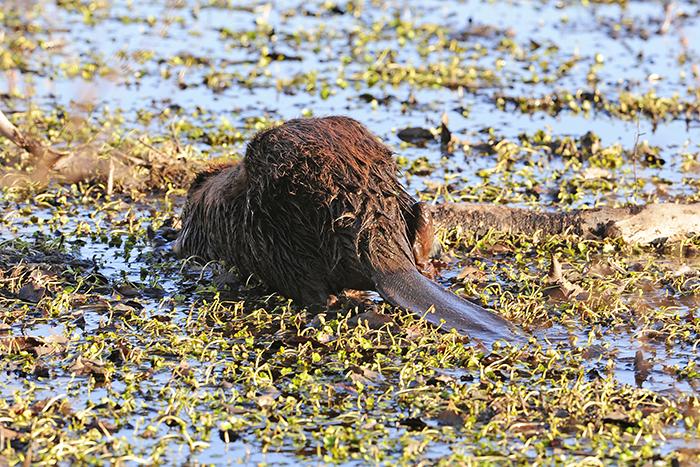 |
| Beaver tail Photo by Randy Streufert |
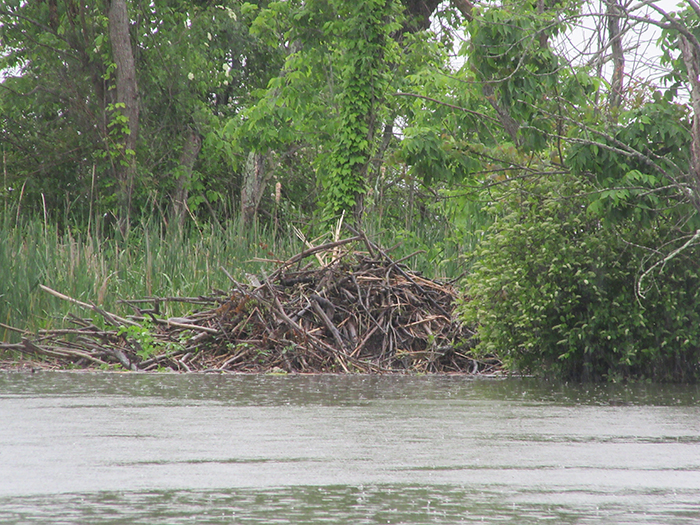 |
| Beaver lodge Photo by Glenda Booth |
